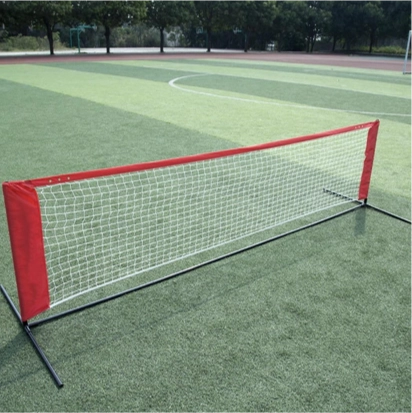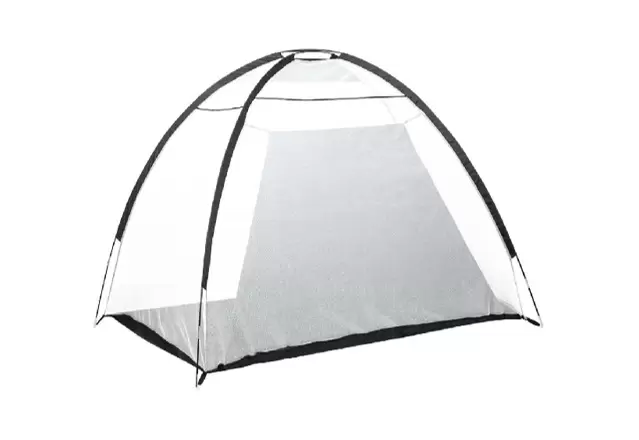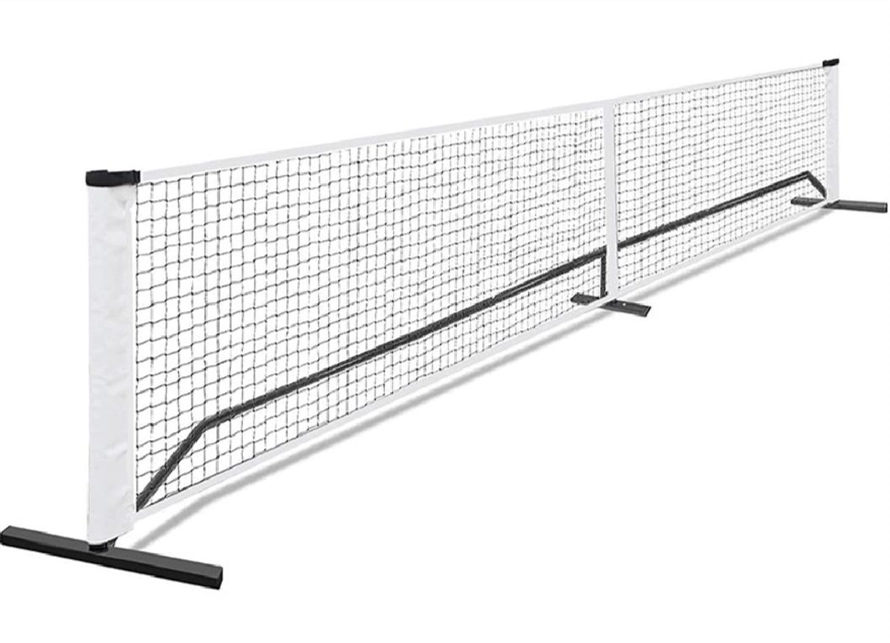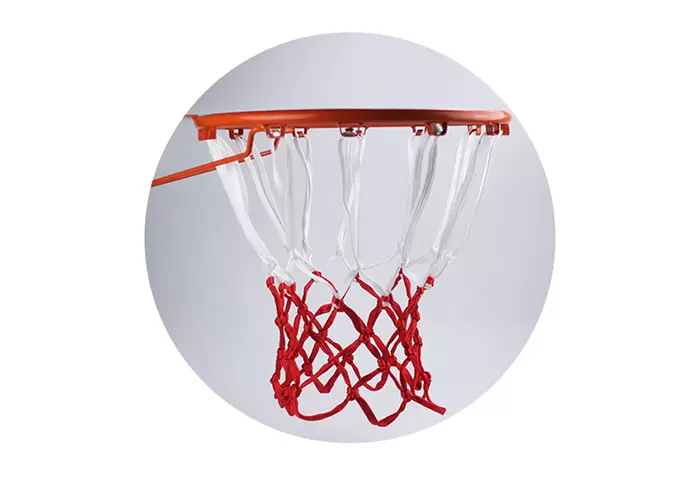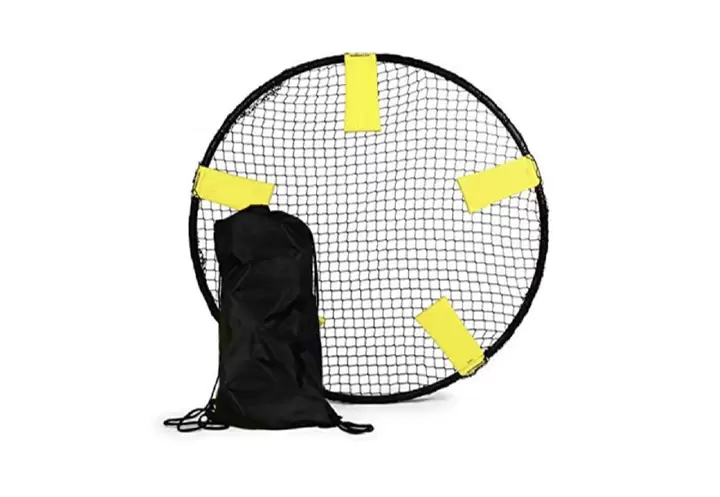Introduction
When it comes to training for America’s favorite pastime—or its close cousin, softball—the right equipment can make a world of difference. Among the most essential tools for both players and coaches is the practice net. It allows athletes to sharpen their batting, pitching, and fielding skills in a controlled, safe environment.
But here’s the question many people face: Do you need a baseball practice net or a softball practice net? At first glance, they may look identical. Yet, subtle differences in design, mesh durability, frame strength, and customization options make choosing the right net critical for performance and long-term value.
In this article, we’ll break down the key differences between baseball and softball practice nets, and why Riches Net Science & Technology, with over 23 years of industry experience, has become a trusted manufacturer for both.
Why Practice Nets Are Essential for Training
Whether for baseball or softball, practice nets provide:
Safety: Protects players, bystanders, and property from stray balls.
Efficiency: Saves time by collecting balls in one place.
Consistency: Enables solo practice without needing a partner.
Versatility: Useful for hitting, pitching, and throwing drills.
The net acts as both a target and a shield, supporting structured and independent training.
Baseball vs. Softball: Key Training Differences
Before we compare the nets, let’s look at the sports themselves:
Baseball: Uses a smaller ball (around 9 inches in circumference) thrown at higher velocities, often exceeding 90 mph in professional play.
Softball: Uses a larger ball (11–12 inches in circumference) with underhand pitching. While velocity is lower, the impact force is spread over a larger surface area.
These differences influence the design and material requirements of practice nets.
Mesh Quality: Strike Resistance is Key
Baseball Nets
Mesh Size: Smaller mesh spacing (like Riches Net’s 7 strands × 1.75” polyester mesh) ensures that even high-speed baseballs don’t slip through.
Durability: Needs to withstand repeated, concentrated impacts from fast pitches and powerful swings.
Softball Nets
Riches Net Advantage: All practice nets are made from strike-resistant polyester mesh, customizable in density and rope thickness. This ensures durability for both baseball and softball training environments.
Brackets and Frame Construction
Baseball Nets
Require sturdy brackets to withstand high-velocity ball impacts.
Riches Net uses Φ25 × 1.0mm baking paint iron pipes for brackets, offering anti-bending, anti-twisting, and anti-rust protection.
Softball Nets
Riches Net Advantage: Both baseball and softball nets feature glass fiber support rods (Φ12.7mm)—lightweight, tough, and portable. This makes them strong enough for baseball while still flexible for softball.
Size Options: 5×5, 7×7, or 8×8 ft
Baseball Training: Larger nets (7×7 or 8×8 ft) are ideal to catch fast balls and long swings.
Softball Training: A 7×7 ft net often suffices for both pitching and batting drills.
Small Spaces: A 5×5 ft net works for limited areas or youth training.
Riches Net Advantage: Customers can fully customize net size to fit backyard, school, or professional environments.
Portability and Storage
For both baseball and softball, portability is a must:
Carrying Bag: Riches Net includes a 600D Oxford cloth bag with all practice nets.
Quick Setup: Glass fiber rods allow simple assembly.
Travel-Friendly: Lightweight design means coaches and players can train anywhere.
This portability is especially useful for softball coaches who often move equipment between community fields.
Customization: Tailoring to Your Needs
Baseball Nets may need:
Softball Nets may need:
Riches Net Advantage: Beyond size and mesh, customers can customize color, rope thickness, and sparseness—perfect for matching school or team branding.
Who Should Choose Which?
Baseball Players & Coaches
Best choice: 7×7 or 8×8 nets with dense mesh and reinforced frames.
Ideal for: Batting practice, high-velocity pitching, and multi-drill sessions.
Softball Players & Coaches
Best choice: 7×7 nets with moderate mesh spacing.
Ideal for: Pitching accuracy, batting drills, and team practice setups.
Multi-Sport Programs
Maintenance for Long-Term Use
Regardless of the sport, all nets benefit from proper care:
Inspect Regularly: Check for mesh wear and frame stability.
Clean After Use: Wipe mesh and brackets to prevent dirt buildup.
Avoid Weather Damage: Store indoors or in the carry bag when not in use.
Anchor Properly: Use sandbags outdoors for extra stability.
Riches Net’s anti-rust iron pipes and durable polyester mesh already offer extended service life, but consistent care maximizes longevity.
Why Choose Riches Net Science & Technology?
With over 23 years of industry expertise, Riches Net has established itself as a leader in sports net manufacturing.
Complete Supply Chain: From rope production to pipe fittings, everything is made in-house.
Technical Precision: Experienced personnel ensure tight knots, accurate dimensions, and vibrant colors.
Customization Options: From net sizes to color schemes, tailored solutions for every customer.
High Production Capacity: Ability to meet bulk orders for schools, clubs, and international buyers.
Durability Promise: Products built with scientific quality management systems ensure long service life.
Conclusion
While baseball and softball practice nets may look similar, their performance requirements vary. Baseball nets demand denser mesh and stronger brackets to withstand high-velocity impacts, while softball nets focus on consistent performance for larger balls and underhand pitching drills.
By choosing Riches Net Science & Technology, athletes, coaches, and institutions benefit from decades of expertise, high-quality materials, and customizable options that cater to both sports. Whether you need a compact 5×5 net for home training or a large 8×8 net for team drills, Riches Net ensures your equipment is durable, safe, and built to last season after season.


